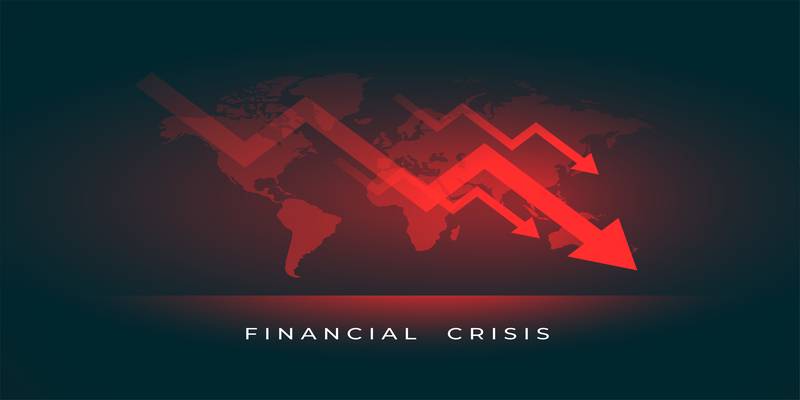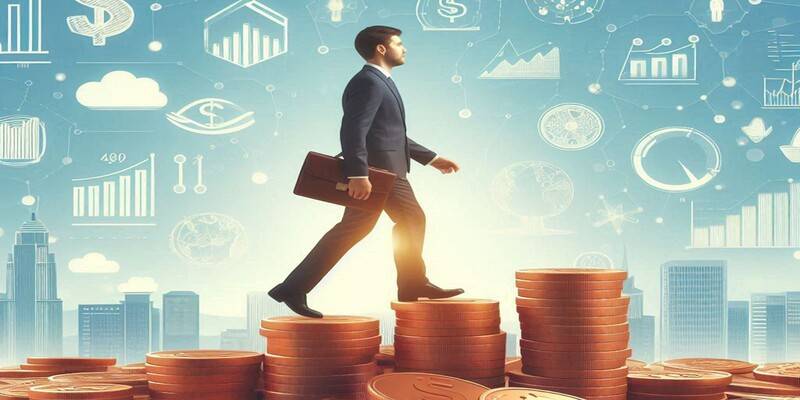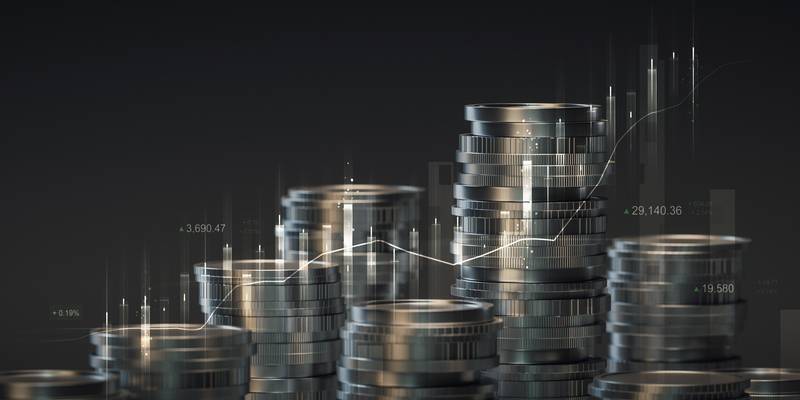An altered world: the impact of COVID-19 on global economic scenario

The economic shock that the world is experiencing right now represents the huge economic damage done by the COVID-19 pandemic that has spread with an alarming speed worldwide. Not surprising is the fact that coronavirus has now turned into a black swan event – a term used to describe an unpredictable and unexpected event with potentially severe consequences for the global economy. A 2017 paper by economists Victoria Fan, Lawrence Summers and Dean Jamison had predicted that the estimated annual losses resulting from a pandemic in future could be about 500 billion US dollars per year. And here comes a pandemic that makes these figures look minuscule. If economists and institutions around the globe are to be believed, the impact of coronavirus on the World GDP could be a minimum of three to five trillion dollars.
Given the complexity and vastness of this crisis, several articles, theories and research work has been done to assess the impact and the process of recovery after the pandemic. But when it comes to Economics, one thing that is permanent is uncertainty. This uncertainty can have drastic impacts. While for some it can be harsh for others, it can be rewarding too. For instance, the case of Infosys and Mahindra — two prominent companies in India. The stocks for Infosys are on a constant rise while for the latter it is a steep fall. The same is true for other major industries with pressure on weak health care systems, loss of trade and tourism, dwindling remittances, subdued capital flows, and tight financial conditions amid mounting debt. This variation has called for diversification in every country’s economy. The virus has taught us a lesson that the future will be for the multifarious not for the fragile ones. And this is true for working individuals as well.
Path to recovery
Today, many economists and institutions including the IMF are talking about a K-shaped recovery post coronavirus. In economics, there are many types of recoveries after any major recession. Such as V shaped or U-shaped recovery. The U-shaped recovery looks at growth after a period of stagnation whereas, in a V-shaped recovery, the economy recovers quickly and strongly after it suffers a sharp economic decline. K-shaped recovery is one where the wealthiest recover while the lower-income group see their economic situation continue to decline. It invariably increases the gap between the haves and the have-nots. This theory can clearly define the migrant crisis in India where people who just did the same routine menial work faced severe economic hardships while on the other hand, people with well defined skill sets saw better growth. Major epidemics in the past, too, had contributed to the increase in income inequalities and the same scenario prevails today. The role of the policymakers increases manifolds in a K-shaped recovery, as they play the role of a leveller to keep trust in the governance intact.
The crisis of credibility
There is a complex relationship between the path of the virus, effectiveness of containment policies and the behaviour of the private sector as well as the consumers which will predict the future growth of the world’s GDP. It is very important to take into account the behavioural side of the economy. Recession is a certainty after every few years. It helps give a fresh perspective. Many emerging and developing economies were already experiencing weaker growth before this crisis. Nonetheless, this time the challenge is extraordinary. What this means is that now we are facing twin challenges. The first one is the medical challenge while the second one is the economic challenge which has been fuelled very much by the first one.
The COVID crisis is a health emergency crisis which is fast turning into an economic crisis, bringing with it dire social, political, economic and behavioural consequences. At the same time, another major problem is emerging. Earlier, the economic crisis came with at least some amount of confidence among investors and citizens on their governments and world economic order but this crisis is different in the sense that it has become a crisis of credibility. This could pave the way for a new variant of globalization. Globalization will exist but after this crisis, it will be of a newer version. Same is true with all sectors of economy. The future will support only those who will innovate and upgrade themselves, rest will be left behind.
A silver lining
Even as economic activities resume gradually in the future, the situation will take a very long time to normalise as consumer behaviour could be very uncertain given the nature of this pandemic. Therefore, most governments in emerging countries should focus more on small and medium enterprises (SMEs) and should help the larger enterprises through proper mapping of future and effective policies. This crisis can be a very challenging time for public policy but it also is a huge opportunity to revive the trust of the people. The pandemic has revealed the fragility of global value chains, and nations will have to prepare for the changing nature of the global economy. This has also opened the doors for regional players to take a lead. To diversify risk, reduce vulnerability, increase resilience and foster industrial development, priority should be given on strengthening regional value chains.
Build back better
A survey of nearly 21,000 adults in 28 countries, conducted by the World Economic Forum and Ipsos, found that 86% of people want to see a more equitable and sustainable world after the pandemic. No wonder COVID-19 is being compared to the environmental crisis too. The financial decisions made now, after the slow down by the pandemic, are going to pave way for the future generations. Hence, the decisions need to take into account the human aspect of the economies too. Just like Canada, which has recently announced that for large corporates to access COVID-19 relief, they must disclose carbon emissions and commit to environmentally-sustainable strategies, a potential springboard for other governments to follow suit. A recently-published analysis by top economists from universities including Oxford and Columbia showcases potential COVID-19 economic recovery strategies. The paper finds that ‘green recoveries’ are in fact the most economically-viable recovery strategy for countries affected by COVID-19. With halted planes, traffic, industrial production and other pollution contributors, the year 2020 saw the largest — albeit likely temporary — drop of greenhouse gas emissions.
As Mark Carney, UN Special Envoy for Climate Action and Finance, pointed out during a recent online discussion, “We have a situation with climate change which will involve every country in the world and from which we can’t self-isolate,” highlighting the ‘terrible situation’ but also a ‘big opportunity’ for a COVID-19 recovery in line with that of a green economy. It seems clear that the time is now for the government to encourage the development of greener economies whilst simultaneously pushing environmentally-positive economic recovery. Nonetheless, the key to coming out of this depression and enabling a robust global recovery lies in global coordination and cooperation.
Article by: Neha Bhatia Sareen






